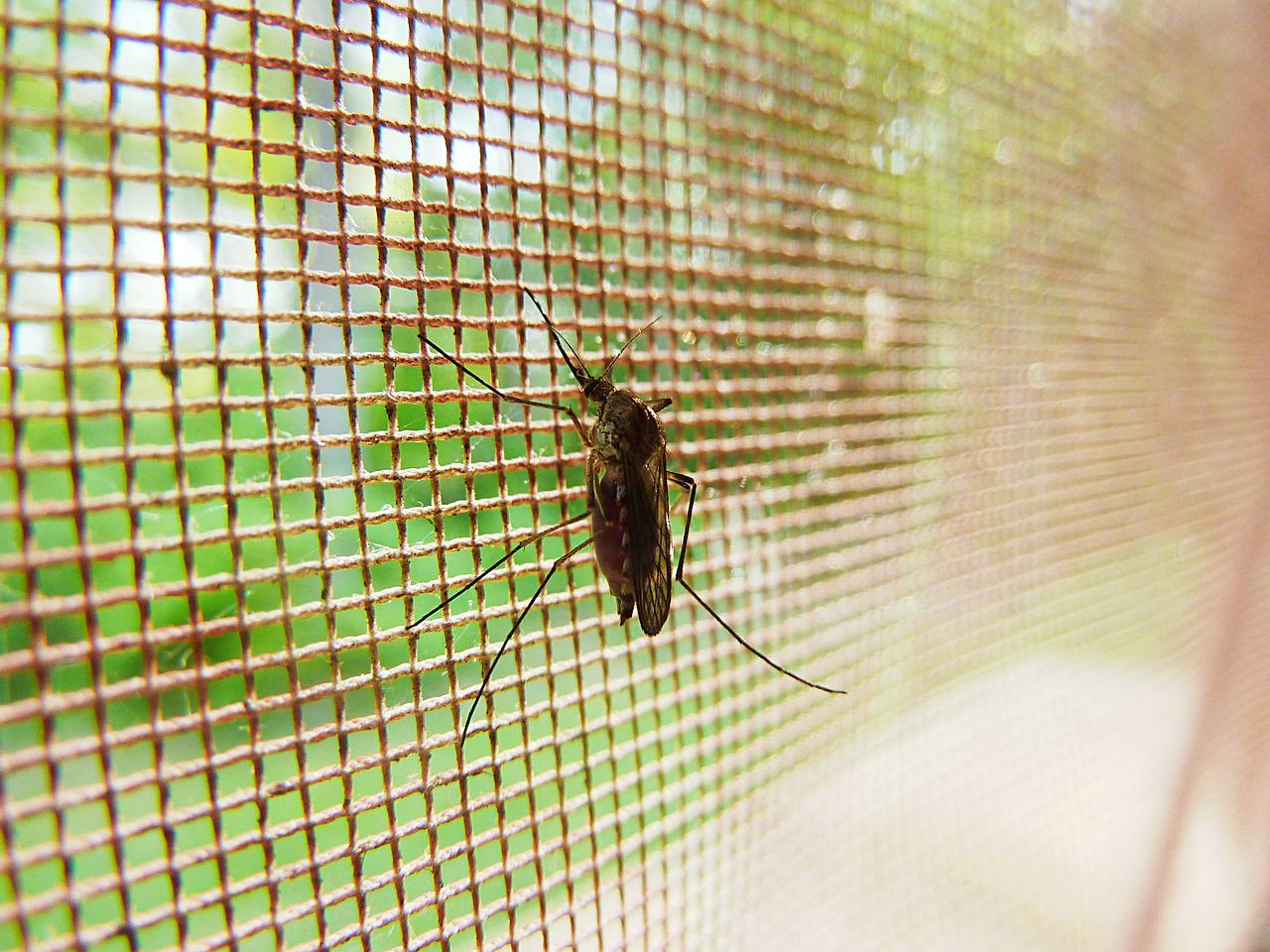As the world’s attention was on fighting the Covid19 pandemic, 241 million new Malaria cases were reported in 2020, killing as many as 627,000 people. Sadly two-thirds of them were children aged below five. And half of the deaths happened in four African countries—31.9% in Nigeria, 13.2% in the Democratic Republic of the Congo, 4.1% in the United Republic of Tanzania, and 3.8% in Mozambique.
On the other hand, if we take a look at the Coronavirus statistics, Covid-19 deaths globally reported in 2020 stand at 1,813,188. Undoubtedly, the pandemic toll is nearly three times more than Malaria related deaths. However, fatalities caused by Malaria are happening year on year. Therefore it calls for a sustained drive to eradicate Malaria.
How does Malaria spread?
Malaria spreads by mosquito bites, particularly by female anopheles mosquitoes. And two of the most deadly parasites injected by them, Plasmodium falciparum and Plasmodium vivax, are prevalent in African countries outside Sub-saharan Africa. The WHO revealed that nearly half of the world’s population was at risk of contracting Malaria in 2020.
Who’s at risk of contracting Malaria?
Kids aged below 5, pregnant mothers, HIV/AIDS patients, and those with compromised immunity are vulnerable to the disease. Also, migrant workers, travelers, and mobile populations. Now when an infected female Anopheles mosquito bites a person, symptoms like fever, headache, and chills show up after 10-15 days. While Malaria is preventable and also curable, it can be life-threatening.
The ‘World Malaria Day’ theme for 2022
Every year World Malaria Day is observed on the 25 of April. This year (2022), the World Health Organisation (WHO) will mark the day with the theme, “Harness innovation to reduce the malaria disease burden and save lives.”
A tweet from the Minister of Health and Family Welfare, Mansukh Mandaviya, read, “On World Malaria Day 2022, we affirm our resolve to make India ‘Malaria-Free by 2030’ by harnessing innovation & utilizing existing tools more efficiently.”
Going Malaria-free
On the positive side, from 2020-to 2022, the following 12 countries were certified by WHO as Malaria-free: United Arab Emirates, Morocco, Algeria, Armenia, Argentina, Turkmenistan, Uzbekistan, Kyrgyzstan, China, Sri Lanka, Paraguay, and El Salvador. Zero transmission for three consecutive years is required for WHO to declare any country as Malaria-free.
According to the World Malaria report 2021, 82% of Malaria deaths in South-East Asia happened in India. However, the Health Minister noted that fatalities have dropped by 79% and new cases by 85%.

